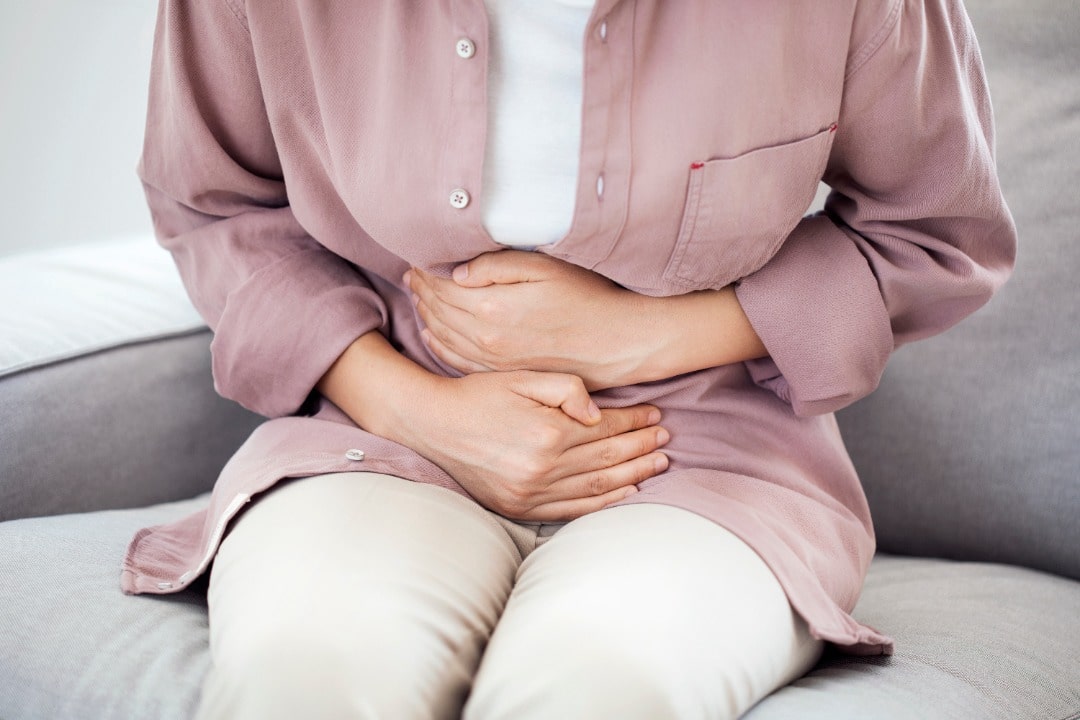Think back to your most recent holiday meal, and let’s play a little counting game. How many people said each of the following:
- Time to unbutton my pants!
- Glad I wore an elastic waistband today.
- I’m getting full, but I just can’t stop.
- I ate so much that I need a nap!
The odds are that the number of folks who said one of above phrases adds up quickly. And, if your table is like mine, I bet people laughed. After all, it’s the holidays—a time that practically begs for a little overeating. We laugh, and then we all get seconds and maybe even thirds.
But what about when eating to the point of discomfort extends beyond the holidays? Why do we do that? And should we be worried about this type of behavior? Let’s discuss!
What Happens to Our Stomachs When We Overeat?
We know that if we eat too much, our bellies hurt. But what’s going on inside that causes this to happen? The University of Michigan Health Department explained it this way(1):
Our stomachs are like a balloon, equipped to hold between one and two cups of food at a time, which varies from person to person. When we add more food to the stomach than it is designed to hold, the stomach—much like a balloon—stretches to accommodate.
This stretching doesn’t feel so good. And while, in extreme cases, the stomach is also like a balloon in that it can stretch so much that it pops, in most cases, food that won’t fit in our bellies finds its way back up into our esophagus or diaphragm in the form of heartburn.
If Overeating Hurts, Why Do We Do It?
Research points to three key reasons a person might overeat to the point of pain. (2) Of course, each of these reasons really represents a category, with nuance and shades of reasoning mixed in. They include:
- Comforting needs
- Chemical reactions
- Cultural pressures
Here’s how these might play out in real life: Overeating may temporarily provide comfort in moments of depression or anxiety. Eating a favorite food releases a chemical reaction that feels good. And finally, the cultural pressures to look a certain way can encourage extreme dieting followed by a binge.
Should I Be Worried About Eating So Much That My Stomach Hurts?
If we’re talking about occasionally, the answer is probably not. But if overeating happens at other times—especially if you’re doing it often and to the point of pain—you might consider asking for help. At the very least, repeated overeating can stretch the stomach and cause regular digestive problems. And it may also lead to an eating disorder like binge eating or bulimia, which both have serious health consequences.
If you or someone you love struggles with overeating, we can help. Give us a call today at 205-409-4220.
Resources:




